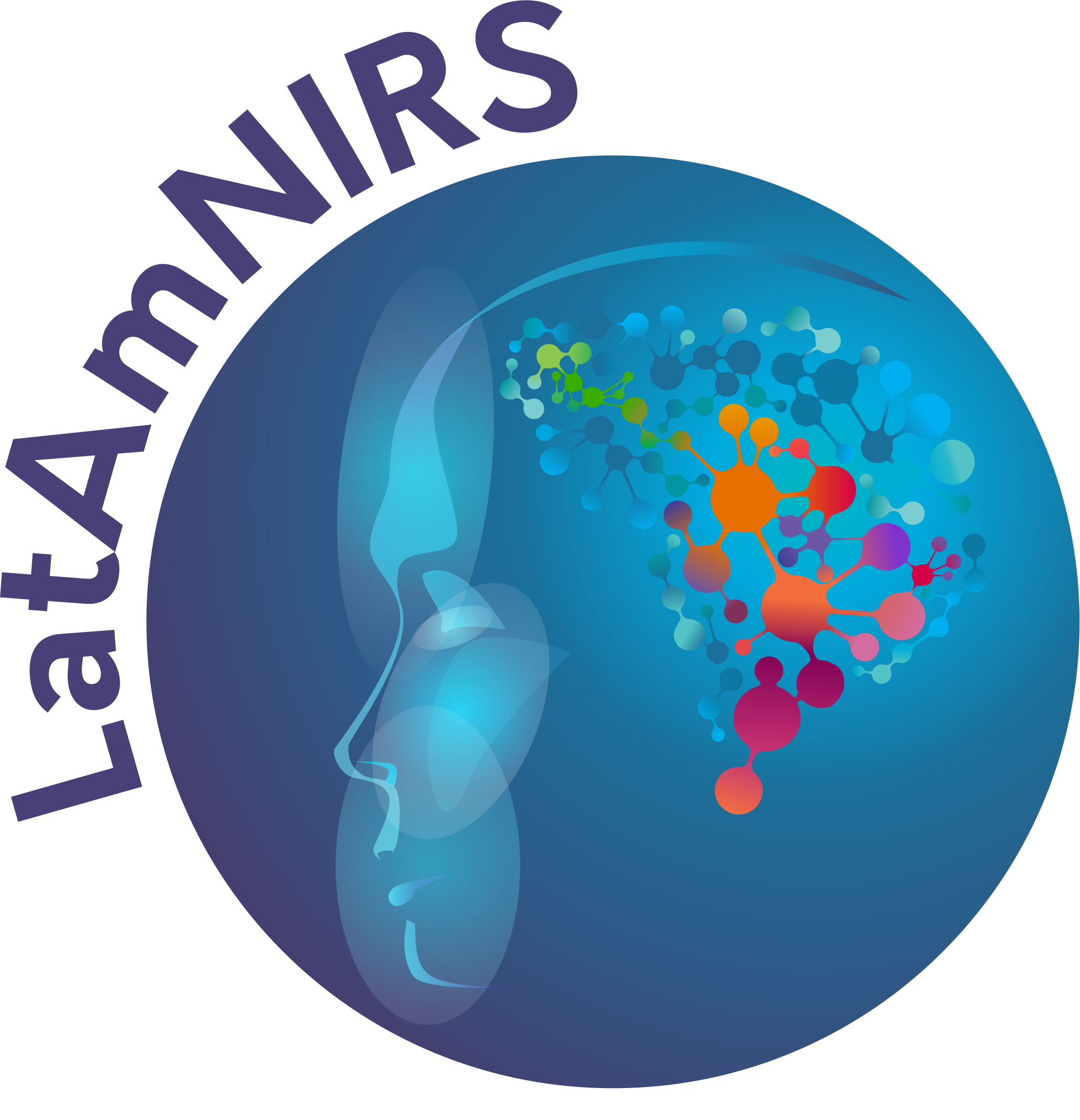Temporal lobe
Definition: The region of the cerebrum lying under the temporal bone. The temporal lobe is concerned with hearing and (through its deep structures, the hippocampus and amygdaloid nuclei) with learning, memory, and emotions. It also has a strong role in object / person identification and memory.
Alternative definition: the temporal lobe is a region of the brain that is located on the lower side of the cerebral cortex and is important for functions such as memory, language, perception, and emotion. It is bounded by the lateral sulcus on the lateral side and the parieto-occipital sulcus on the medial side, and includes several subregions, including the primary auditory cortex, the hippocampus, and the amygdala. The temporal lobe is involved in processing auditory information, forming and retrieving memories, processing emotions, and recognizing faces and objects.
Synonym: Frontal lobe, parietal lobe, occipital lobe
References: E. Kandel. Principles of Neural Science, Fifth Edition. Principles of Neural Science. McGraw-Hill Education, 2013.
Related terms:
